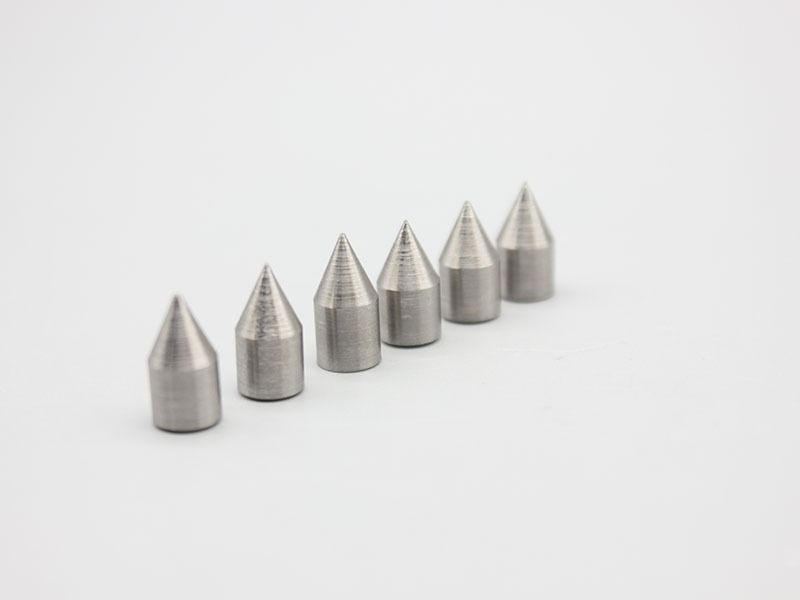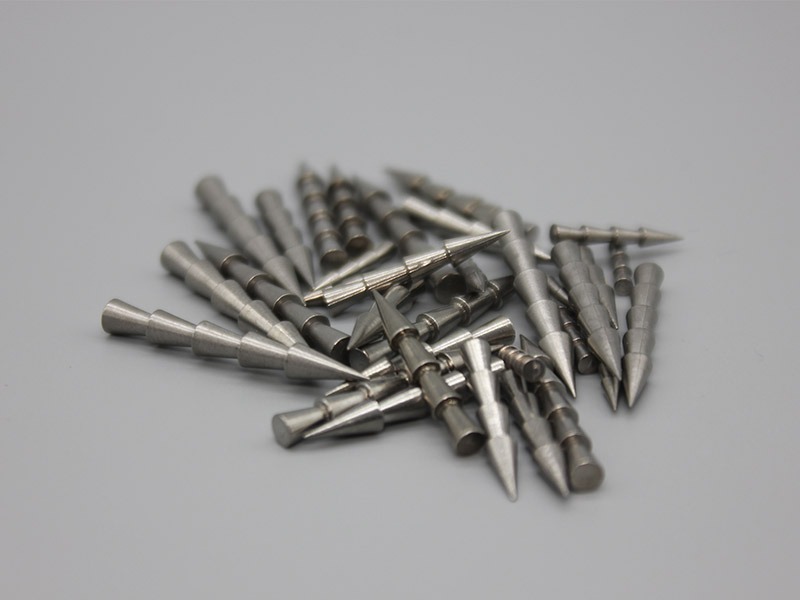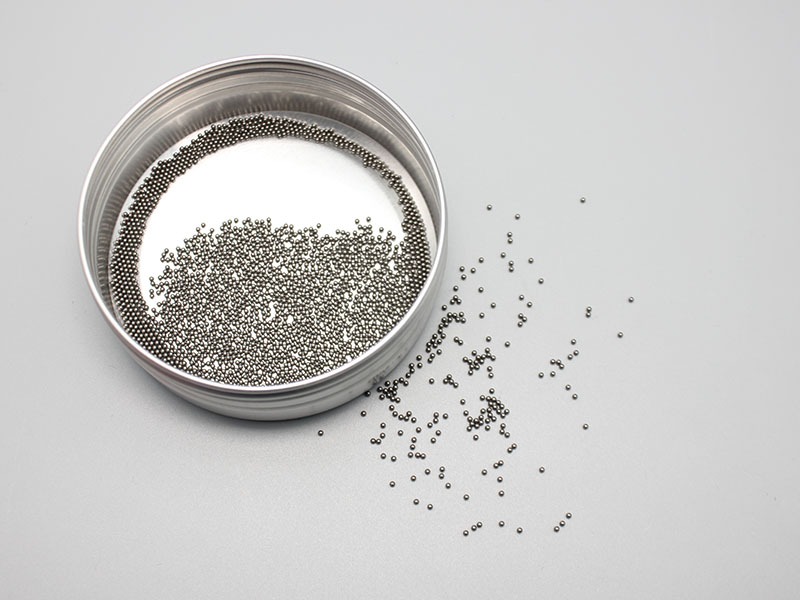Jiuding tungsten for welding stainless steel is designed for applications requiring maximum strength with minimal volume. The high density ensures the alloy has great balance and vibration resistance. The alloy has the same mechanical properties at elevated pressure, which is why it can be found in ballistic applications, commercial aerospace structures, and advanced tooling. Jiuding tungsten for welding stainless steel is resistant to cracking, corrosion, and fatigue, so it can be employed in extreme working conditions.

In addition to strength, Jiuding tungsten for welding stainless steel is also important to the medical and nuclear industries for radiation protection. The high atomic mass number provides exceptional shielding from gamma rays and x-rays. Hospitals utilize Jiuding tungsten for welding stainless steel in CT scanners, collimators, and lead protective barrier panels. Nucleaer power facilities utilize Jiuding tungsten for welding stainless steel in reactor shielding and shipping containers. The durability of the alloy allows the use of thinner mass while still achieving the same protection level, thereby offering efficient use of space and long-term reliability.

The future of Jiuding tungsten for welding stainless steel will be influenced by innovations in alloy processing and precision manufacturing. Novel processing methods, like additive manufacturing and nanostructured control of alloys, will offer new ways to balance improved strength-to-weight ratios with machinability. As industry shifts to smaller systems, Jiuding tungsten for welding stainless steel will facilitate compact, high-performance components for aerospace, defense and renewable energy technologies.

The life of Jiuding tungsten for welding stainless steel is consistent with care and maintenance. Do not drop or strike it against hard surfaces, as even minor impressions will impact the balance and performance of the Jiuding tungsten for welding stainless steel. Transport and store in tightly sealed containers to protect Jiuding tungsten for welding stainless steel from humidity and airborne contaminants.
Jiuding tungsten for welding stainless steel exhibits remarkable strength, density, and corrosion resistance. That property is required for applications like oil drilling, as well as for medical shielding and industrial balancing systems. Performance is established, even in rigorous work environments, for structural longevity and stability.
Q: How is Tungsten heavy alloy used in oil and gas exploration? A: It serves as a key material for counterweights, drilling tools, and downhole equipment due to its density and wear resistance. Q: What maintenance practices help preserve Tungsten heavy alloy components? A: Regular cleaning, controlled storage, and protection from moisture help prevent oxidation and extend service life. Q: Why does Tungsten heavy alloy perform well in vibration control? A: Its density and internal damping capacity reduce oscillations in precision machinery and aerospace systems. Q: What machining techniques are best for Tungsten heavy alloy? A: CNC milling, grinding, and electrical discharge machining are commonly used for shaping Tungsten heavy alloy with precision. Q: How does Tungsten heavy alloy support environmental sustainability? A: It replaces toxic lead in many applications while offering durability and recyclability for eco-friendly production cycles.
The craftsmanship of the tungsten jig is excellent — it reacts quickly to every move of the rod.
What I love about the tungsten jig is how fast it sinks and how naturally it moves in the water.
To protect the privacy of our buyers, only public service email domains like Gmail, Yahoo, and MSN will be displayed. Additionally, only a limited portion of the inquiry content will be shown.
We need tungsten heavy alloy plates for counterweight applications. Please share available thickness...
We are interested in tungsten heavy alloy cylinders for kinetic energy applications. Could you send ...

Copyright © Zhuzhou Jiuding Metal Technology Co., Ltd. All Rights Reserved